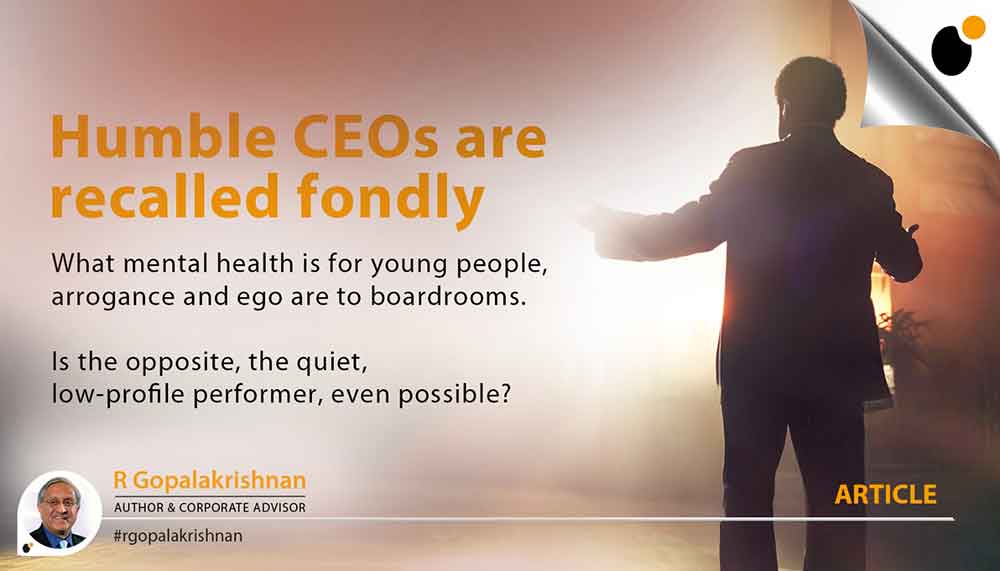16th October 2006, ECONOMIC TIMES
While reflecting about the column on careers and business life, I asked myself what purpose could be served by such an effort. A simple idea, supported by a simple story, could be a positive format for learning and reflection and practising managers could find that useful.
After all, management is not rocket science; you don’t need deep and technical know-how. It is all about people and emotions, accompanied by some essential intelligence and training.
As you think about your business life, you will recognize several incidents and stories that have shaped you. ‘Incident’ refers to a factual recollection of what happened. ‘Story’ refers to an emotional memory of what you felt. They are very different, so also their influences.
The connection between emotion and recall is exemplified by the work of two professors at Irving, California. Two groups were told the same story, but in very different ways. One group was told in an unexciting, factual and sequential manner. The other group had some emotion-laden content and style. After several weeks, both groups were tested for recall. The emotion-laden group could recall the sequence far more vividly although not necessarily, more accurately. The professors called this ‘flash-bulb memory.’
Another example is Gabriel Garcia Marquez’s story Chronicle of a death foretold. It is about a man, who returned to the village where a violent murder had occurred several years ago. The lay villagers recalled the episode in a matter-of-fact way. However, the relations and close friends of the murdered man remembered things which the lay villagers did not. Their memory was far from vivid.
Managers are trained to be rational and to shun emotion. Fifteen years ago, I became aware of the Parable of the sadhu, published in the Harvard Business Review. Bowen McCoy was a participant in a sabbatical for company executives. He walked through villages in the Himalayas and climbed many mountains. One of his experiences was in Nepal.
He and the other mountaineers were bound for the holy city of Muktinath through a challenging 18,000 foot pass. After resting at 15,500 feet, the team set out for the final assault. Just then, they found a sadhu, lying in the snow and still alive. He was near naked and barefoot, shivering and suffering from hypothermia. He was probably on the return journey after visiting the shrines at Muktinath; it was quite unclear how and why he was found in the delicate life-and-death condition he was found in.
They assigned some tasks to each other. As a result, the sadhu was reached a few hundred feet down and left there, the hope being that someone would find him. The question was what the mountaineers should have done. Was it ethical to have done what they did? Was there a difference between individual and corporate ethics?
This was discussed energetically during an HBS Advanced Management Programme. Some western managers opined that the action of the mountaineers was not ethical, others that their action was practical but still not ethical. The Indian in the group questioned whether it was at all a question of ethics.
She said, “Every morning as I drive from my house in Bombay, I see people who are poor, in frail health and suffering from disability or disease. The humanity in me says I should stop to help them, the pragmatist says that in that case, I would never be able to stray more than half a mile from my house. Unfortunately, there is a lot of misery even as India changes. If it becomes an ethical question, no Indian can live at peace with his conscience.”
There was a stunned silence. A very emotional discussion followed. There were no answers, but the discussion threw up questions to reflect upon. Above all, emotion made the session a ‘story,’ not another ‘incident.’ The participants would surely have forgotten the Ito Yokado case study, but not the parable of the sadhu!
Each week, I hope to offer a simple message with a story on careers and business life. I hope the effort will be interesting, if not useful.


